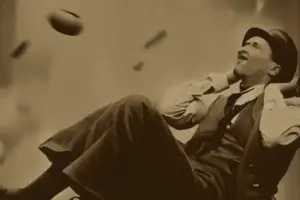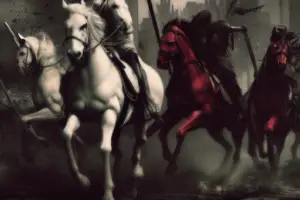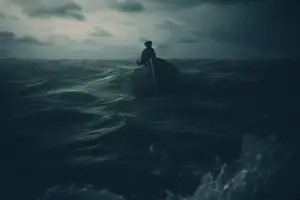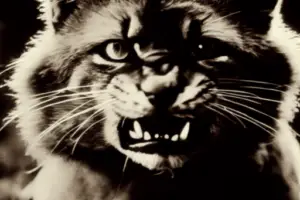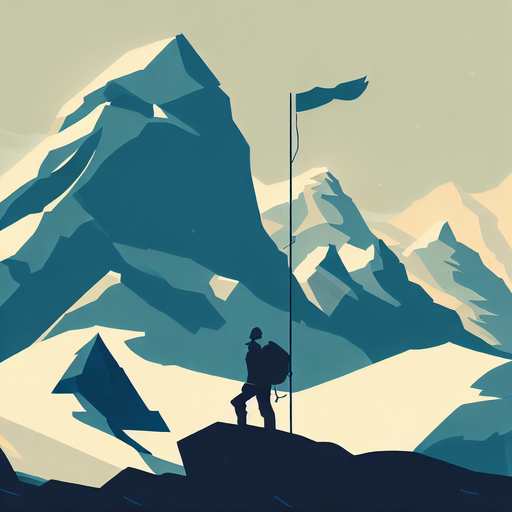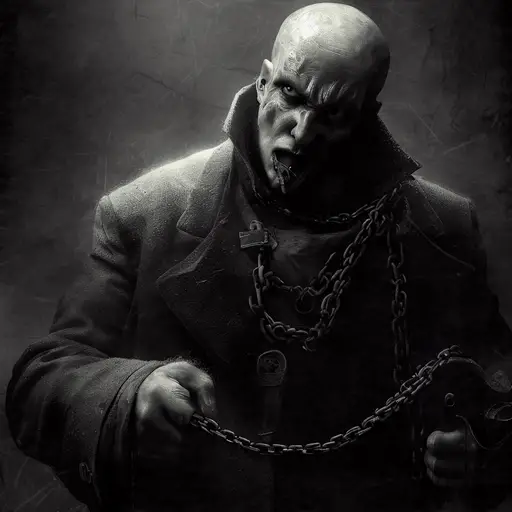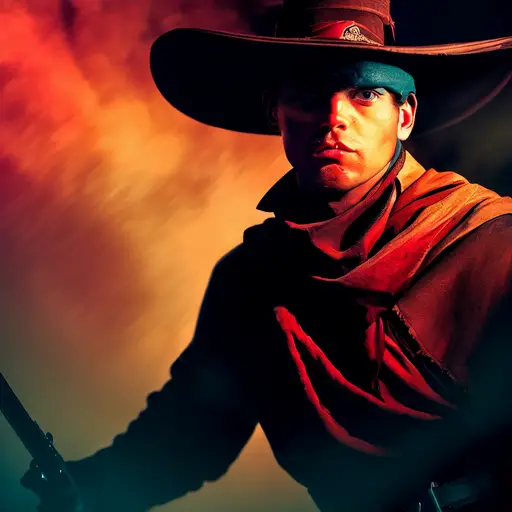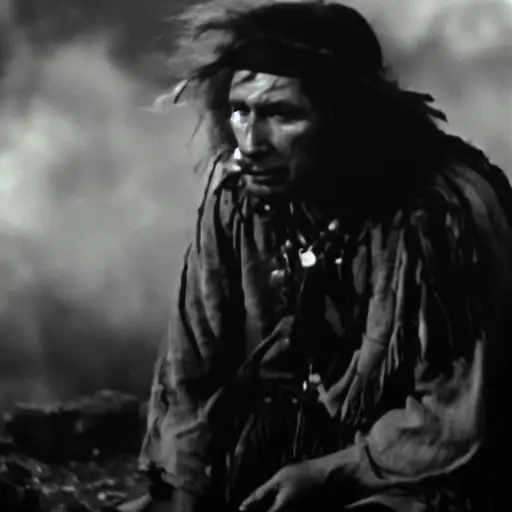It was the turn of the century, and the world was abuzz with tales of adventure and exploration. The idea of conquering the North Pole had been brewing for years, and finally, it was time for the great race to begin.
Two expeditions had been formed to make the journey. The first, led by the famed explorer Roald Amundsen, was well-funded, well-staffed, and well-prepared. The second, however, was a ragtag group of misfits and dreamers, led by the eccentric Dr. Mabuse. They had no funding, no equipment, and no experience, but they did have one thing: a burning desire to be the first to reach the Pole.
The two expeditions set off from their starting points, both determined to reach their goal before the other. Amundsen’s team, well-disciplined and methodical, made steady progress, while Dr. Mabuse’s group, prone to arguments and mishaps, stumbled along.
As they journeyed northward, both teams faced fierce blizzards, icy terrain, and dangerous wildlife. The ever-present threat of starvation and hypothermia made every step a struggle.
Along the way, the two teams encountered each other several times, exchanging words and glances but never stopping to help or hinder each other. They were too consumed with their own quest to worry about the competition.
As they neared the Pole, tensions rose between the members of both teams. The stress of the journey, as well as the uncertainty of what lay ahead, took a toll on their mental and emotional states. Some became paranoid, some reckless, and some desperate.
On the morning of the final push to the Pole, things came to a head. Amundsen’s team, well-rested and confident, set out before dawn. Dr. Mabuse’s group, exhausted and disheartened, followed a few hours later.
As they trudged through the snow and ice, they could see in the distance the faint outline of another team. Both groups quickened their pace, straining to reach the Pole first. Closer and closer they came, until finally, they reached the spot at the same time.
For a tense moment, they stood there, looking at each other in silence. And then, to their surprise, they burst into laughter. They had both made it to the Pole, and in the end, that was all that mattered.
In the days that followed, the two teams shared stories and resources, as well as a newfound respect for each other. They had both accomplished something remarkable, even if they had gone about it in very different ways.
As they made their way back to civilization, they felt a sense of pride in what they had achieved. They had pushed themselves to the brink of their physical and mental limits, and emerged victorious.
For the rest of their lives, they would look back on that journey with a mix of awe and disbelief. The conquest of the Pole had been a feat of human endurance and resilience, one that had captured the imagination of the world.


